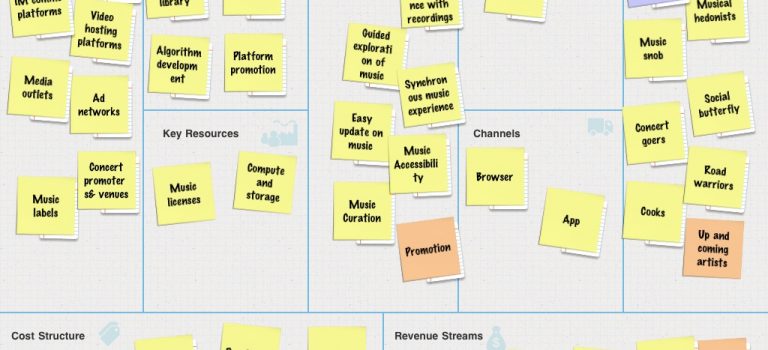Recently, an article about the effect of serious games on teaching and learning the essentials of (open) innovation and innovation management has been published on the ssrn. The authors have researched a group of students from different nationalities playing a game in the context of an education course. By playing the game, they had the following goals:
- Creating a shared experience of social dynamics and the paradox of co-opetition for the students;
- Enable critical reflection on social dynamics of co-opetition based on this experience;
- Experience-based learning — enable the students to apply what they learned from their reflection and experience through iteration;
- Create deeper understanding of open innovation;
The study uses a series of plays and discussions and compares the results of these sessions with game theory. They round up with several interesting conclusions:
- We argued that play can be a source of creativity, imagination and fun in a teaching setting (cf. Kolb & Kolb, 2010).
- We found evidence that playful games can help to create such an experience through interactive experience and simple simulation — thereby helping the students to better understand the theory behind open collaborative innovation (Bogers, 2012; Chesbrough, 2003; Chesbrough et al., 2006; Dahlander & Gann, 2010; Nalebuff & Brandenburger, 1997).
- Moreover, playful games allow understanding open innovation as interplay of complex processes of relating, social capital, and institutions (Adler & Kwon, 2002; Nahapiet & Ghoshal, 1998; Rolfstam, 2009; Searle, 2005; Stacey & Griffin, 2005).
- They thus allow us to get a more holistic understanding of the complex social dynamics that emerge when people have to deal with novelty. (Bogers & Sproedt, 2012).
Two of the most used innovation games in teaching (professionals) and higher education are:
- Innovation Management Game (an online serious business simulation game)
- Crossroads (a board game)
